Here is one aspect of French New Wave, the impact of Francois Truffaut as one of the greatest directors of New Wave in French Cinema.
“The film of tomorrow will not be directed by civil servants of the camera, but by artists for whom shooting a film constitutes a wonderful and thrilling adventures.” Francois Truffaut
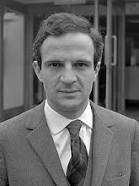
New Wave in French Cinema “La Nouvelle Vague”
Francois Truffaut
Francois Truffaut (6 February 1932 – 21 October 1984) was film director, film critic, one of the directors of French New Wave cinema, the theoretician and editor of French journal Cahiers du Cinema in which he became notorious for his brutal reviews. He was called the Gravedigger of French cinema, and the only person who was not invited to the Cannes Film Festival in 1958.
In 1954 he wrote an article in Cahiers du Cinema called “Une Certaine Tendance du Cinéma Français” (“A Certain Trend of French Cinema), in which he attacked the established current filmmaking techniques of French cinema, which resulted in a storm of controversy and caused him to write in a more widely read weekly Arts-Letters- Spectacles.
He considered himself as the most argumentative critic of conventional French cinema. He formed “auteur theory” which suggests the director as the author of film having his own creative styles and themes, showing personal expressions, human daily life and emotions specially of post-war youth and introduced some great directors such as Hitchcock and Renoir as examples of author theory who have their own unique techniques. He was extremely influenced by Alfred Hichcock.
Truffaut applied Auteur Theory to his works by taking his favourite filmmakers’ genre- film noir, criminal drama, romantic drama and in the start of New Wave said: “There are no aesthetic party lines, only similarities due to chance.” When the directors of New Wave started to make films themselves rather than In TV studios, Truffaut said: “The film of tomorrow will not be directed by civil servants of the camera, but by artists for whom shooting a film constitutes a wonderful and thrilling adventures.”
In time of New Wave of French cinema his works were one of the two themes:
- Studies in lonely childhood: is like a stance against authority of ay kind
- Melodramas showing the confrontations between shy hero possessive women, a need to belonged and loved: which has French novelists until present
Examples of the first theme are Les Quatre Cent Coups (The 400 Blows) and L’ Enfant Sauvage (The Wild Child)
Truffaut had a kind of freewheeling style, both realistic and lyrical.
Early works:
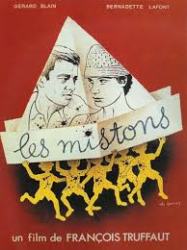
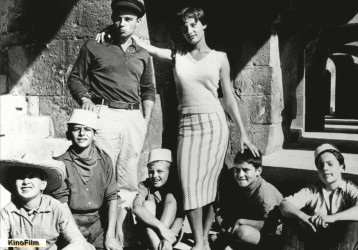
- His first creative work made in 1958 (The Mischief Makers), a group of boys annoying a young woman in love, shows his theme of children, love and death.
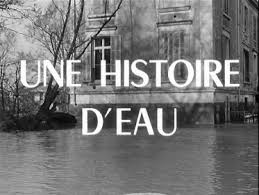
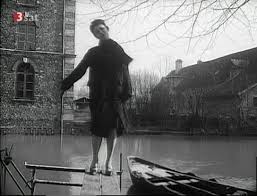
- His second short made in 1959, Une Histoire d’ Eau (A History of Water), a slapstick comedy which Jean-Luc Godard developed the conclusion
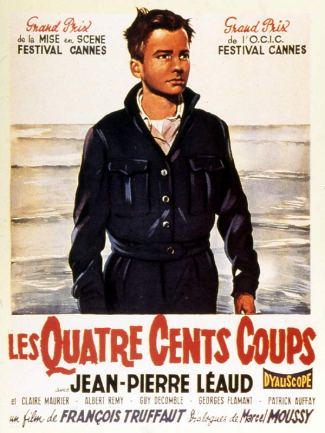
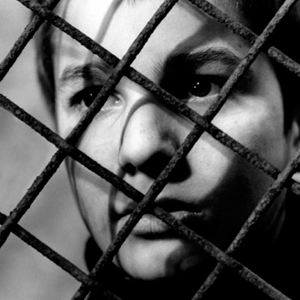
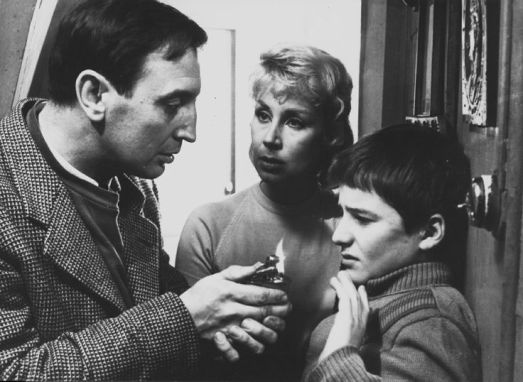
- His full length feature film made in 1959, Les Quatre Cent Coups(The 400 Blows), is considered as one of the most popular New Wave films , an evolution from antisocial agony and sadness of a restricted and disciplined society to a happy family life, won the best director prize in Cannes Film Festival. Regarding personal life in New Wave filmmaking, at the end of Les Quatre Cent Coup the child steals a typewriter which is turned in to the police by his stepfather, Truffaut himself as a child had stolen a typewriter from his father’s work place and had been handed over to a reform school for three months. Like the boy in the film who was always trying to escape from an unhappy controlled life to get to freedom, Truffaut. Truffaut chose the boy with close similarities he had to himself at the same age.
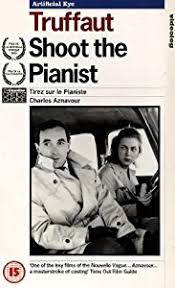
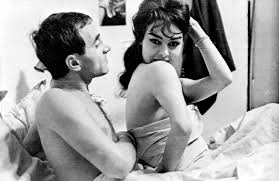
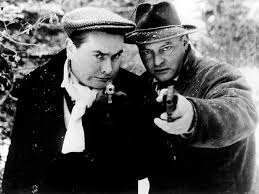
- Shoot the Pianist: is like American-B-movie thrillers not only dealing with romance and tragedy, but also with crime and gangster through a Noir point of view and a dark atmosphere, the pianist looking for success shows somehow the personal life of Truffaut himself in new duration of French filmmaking.